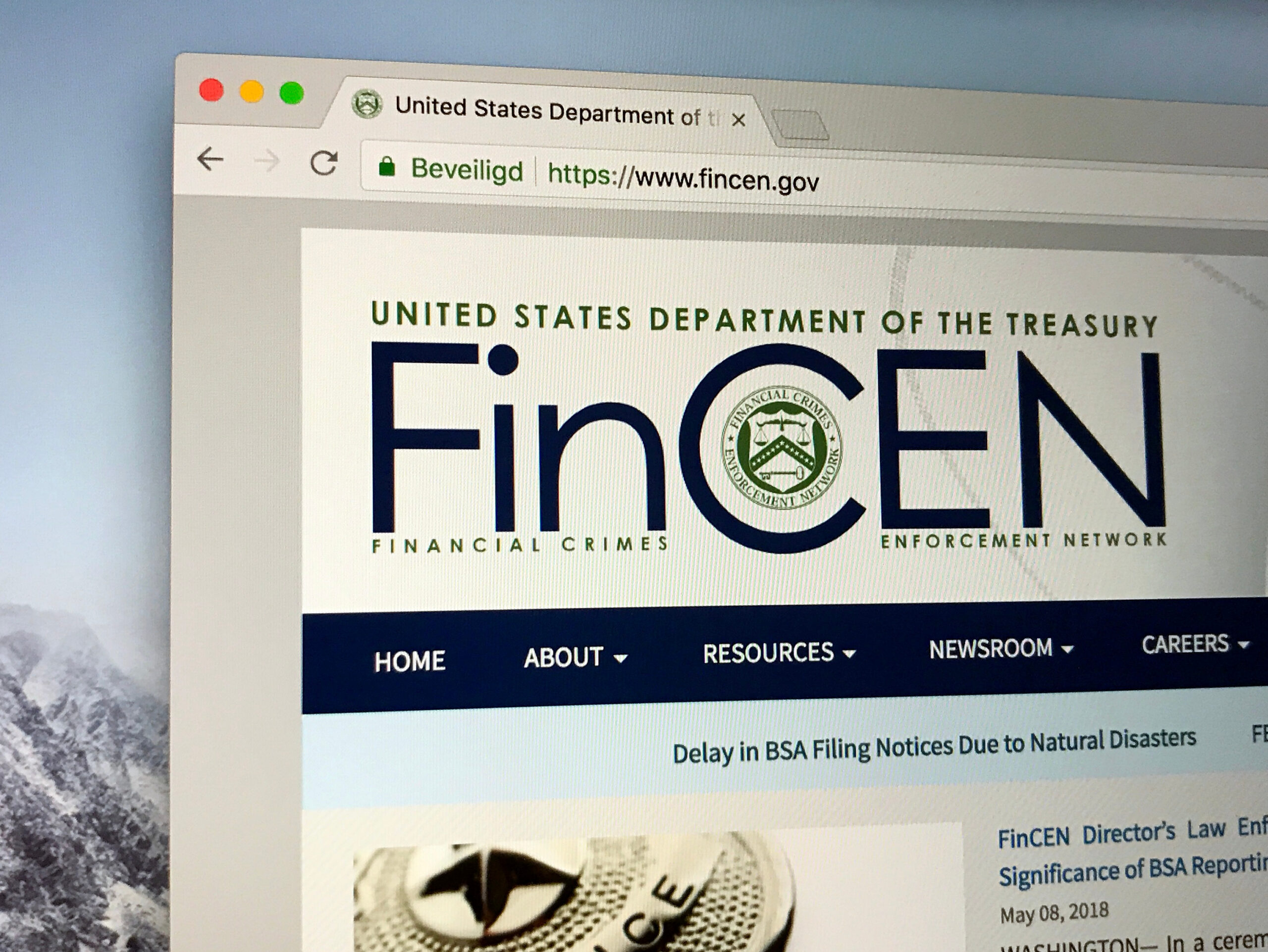Section 314(b) of the USA PATRIOT Act (Sec 314) was drafted by Congress in 2001 to allow financial institutions to work with law enforcement agencies and with each other to support the common goal of deterring money laundering and terrorist financing. It provides financial institutions with the ability to share information with one another (under a safe harbor that offers protections from liability) to better identify and report potential money laundering or terrorist activities. Sec 314(b) information sharing is a voluntary program, resolutely encouraged by FinCEN.
On December 10, 2020, with the hope of enhancing participation and the effectiveness of the 314(b) program, FinCEN provided a welcomed clarification stating that Financial Institutions can now share information in reliance on the Section 314(b) safe harbor relating to activities it suspects may involve money laundering or terrorist activity, even if the financial institution or association cannot identify specific proceeds of a Specified Unlawful Activity being laundered. Prior to this clarification, Section 314(b) permitted financial institutions to share information only in situations of suspected terrorism and money laundering.
FinCEN clarification
FinCEN’s new Fact Sheet provides three key clarifications:
- A financial institution may share information relating to activities that it suspects may involve possible terrorist financing or money laundering. Although this may include circumstances in which a financial institution has information about activities it suspects involve the proceeds of a specified unlawful activity (SUA), financial institutions do not need to have specific information that these activities directly relate to proceeds of an SUA, or to have identified specific laundered proceeds of an SUA. Nor do financial institutions need to have made a conclusive determination that the activity is suspicious in order to benefit from the statutory safe harbor. Further, financial institutions may share information about activities as described, even if the activities do not constitute a “transaction” such as an attempted transaction, or an attempt to induce others to engage in such a transaction. This allows financial institutions to avail themselves of Section 314(b) information sharing to address incidents of fraud, cybercrime, and other predicate offenses, where appropriate. In addition, there is no limitation under Section 314(b) regarding the sharing of personally identifiable information, or the type or medium of information shared, to including verbally shared information.
- An entity that is not itself a financial institution under the Bank Secrecy Act may form and operate an association of financial institutions whose members share information under Section 314(b). Notably, this includes compliance service providers.
- An unincorporated association governed by a contract among the group of financial institutions that constitutes its members may engage in information sharing under Section 314(b).
FinCEN strongly encourages financial institutions to participate in the 314(b) program
FinCEN states that a Financial Institution’s participation in the 314(b) program will enhance their compliance with anti-money laundering/counter-financing of terrorism requirements and is critical to identifying, reporting, and preventing crime and bad acts.
Are you receiving Corporate Governance Guidance?
Establishing and maintaining a reasonably designed BSA/AML and CFT compliance program is essential. A Financial Institution’s risk assessment process and ensuring that it is adequately resourced is critical to an effective well-designed corporate compliance program. Financial Institutions can no longer afford to underfund hiring and training in any compliance area. Make sure you have enough resources budgeted and allocated. Who is your Corporate Governance Expert? ©


